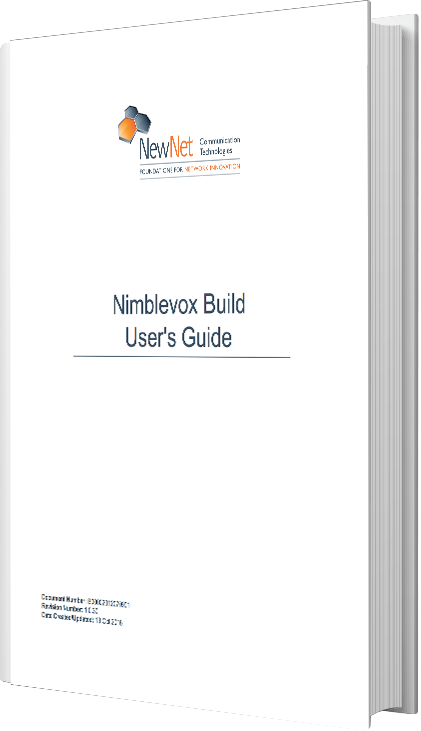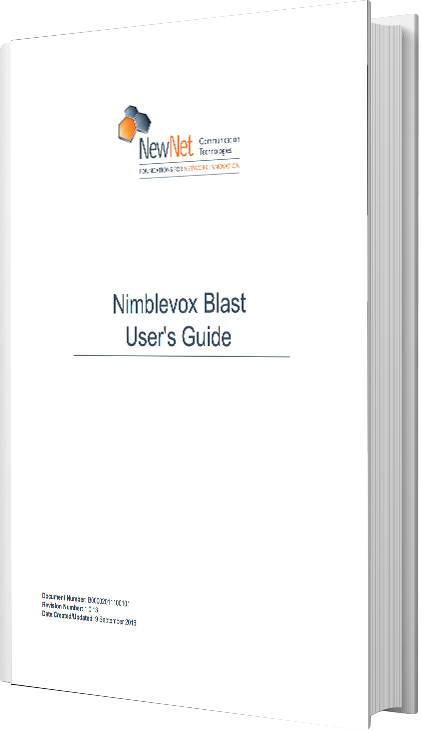What is IVR?
Technically, the initials IVR stand for “interactive voice response,” but that’s a bit of a misnomer because an IVR system can also interact with keypad commands that a caller inputs, along with an actual human voice.
We’ve all encountered simple and complex IVR systems when calling companies to ask questions. Even the Internal Revenue Service, one of the largest and busiest government agencies, uses a multi-faceted IVR system to deal with more than 95 percent of incoming queries.
An IVR system can be set up to perform automated dialing and then interact with people who answer their phones. So-called political “robo-calls” are an example of this type of sophisticated IVR usage. The outbound calls go out by the thousands or millions, and when someone picks up, a pre-recorded message is delivered. After that, the listener can either hang up or continue to interact with the system by offering survey responses, opinions, or demographic data.
The essence of IVR is the collection and delivery of information in a totally automated way. The software can pick up or dial, respond to customer questions, give information, or even ask questions. Most consumers know about IVR systems that are in use by major banks and credit unions. Today, the majority of customer queries in the banking industry are handled by capable, efficient IVR software.
What are Some of the Major IVR Advantages?
High-volume: Perhaps the most obvious advantage of IVR systems, in addition to outbound dialing and automated dialing, is the sheer number of calls they can handle. Calls can simply be directed to the appropriate department or company division where they belong, with an option for the customer to wait for pick-up or to have an agent call them back.
First-ring answering around the clock: IVR, because it is fully automated, answers calls immediately at any time of the day or night. Customers can get their questions answers and issues addressed immediately, wherever they live and whenever they call.
Better company image: IVR software gives a great first impression to customers, often making a small startup appear to be larger than it is. There’s no deception involved here, just the accurate portrayal of a business entity that has decided to efficiently automate and prioritize its customer response systems.
Efficiency: Customers get routed to the departments where they can get the fastest help and get their questions answered rapidly. This has a two-pronged effect: it makes customers happier and it decreases response time for customer service agents.
Hands-free options: So-called “hosted IVR” software allows a company to fully automate its customer response systems. Hosted IVR software resides in the cloud and is managed by the vendor. That way, a company can totally outsource its incoming and outgoing customer interactions.
Case Studies of IVR in Action
Outbound dialing and automated dialing are both common parts of modern corporate business environments. IVR has been the primary solution for thousands of companies. A few representative examples are:
The Dubai Airport responded to a rapid increase in traffic with the implementation of an IVR system that handles thousands of queries each day, many of which are crucial for customers who need to connect on international flights and learn about itinerary changes by various airlines.
Major newspaper industry entity Scripps Company implemented an IVR software response system several years ago. Now handling in excess of 10,000 calls per day, the company’s owners say that IVR has increased customer usage of the system by more than 70 percent.
Econux Limited of Asia, a sales and service arm for a global electronics manufacturer, implemented IVR recently in order to route calls to appropriate departments. As a result, routine queries about hours and services are now answered immediately via automated interaction, while more complex inquiries about specific products and sales data are sent directly to the agents in charge of those departments.
Should You Implement an IVR System in Your Business?
An IVR system is actually a solution to dozens of different business challenges. Across a wide range of industries, IVR has already proven its capabilities for improving customer service, speeding up real-time customer assistance when needed, facilitating owner-client interaction, and accomplishing hundreds of other tasks that pertain directly to customer satisfaction, business efficiency and cost-cutting.
A fully integrated IVR system can be whatever the business owner wants it to be: a simple call response function, a multi-disciplined customer routing method, or a fully interactive and highly intelligent way to handle an infinite variety of client inquiries and needs.
If you think that IVR is the smart choice for your business, sign up for a free account with Nimblevox at their site, www.nimblevox.com.


